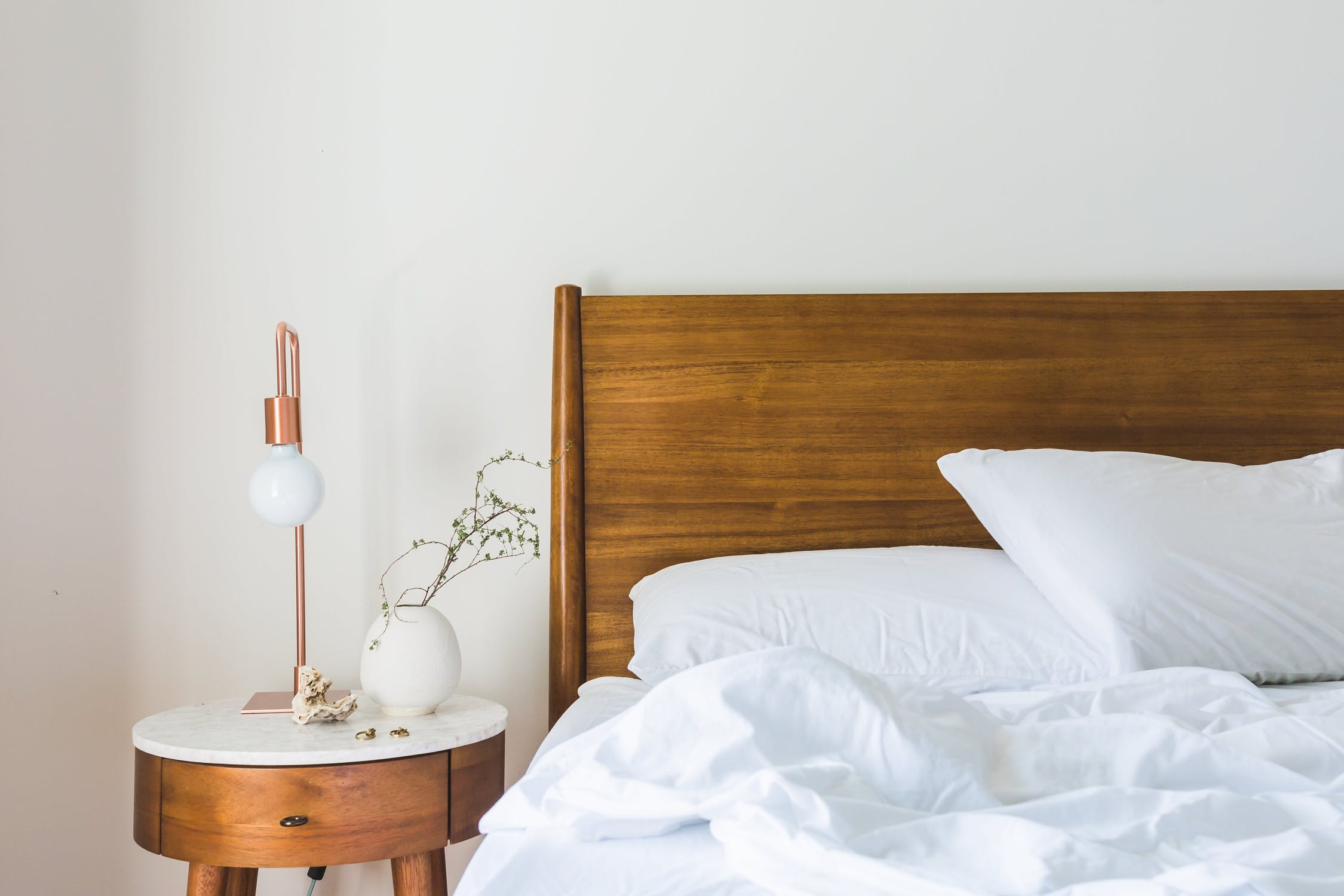Difficulty sleeping can have serious consequences on everyone’s physical and mental health, but this is especially true for seniors. Research shows that sleep issues for seniors can lead to memory issues and dementia as well as increase the risk of heart disease, stroke, and cardiovascular disease. On top of that, low-quality sleep means we’re not using energy efficiently, which can boost a senior’s risk for obesity and result in a weakened immune system. Don’t take a few restless nights lightly— sleep is serious business.
Falling and staying asleep might be challenging for some seniors, but that doesn’t mean it is impossible. Here are a few questions— and answers— to help get you on track for a good night’s rest.
When should I talk to my doctor?
If you are regularly waking up or struggling to fall asleep for a week or longer, you should consult your doctor. Before you meet with her, keep a sleep log that documents what you did a few hours before going to bed, how often you woke up, how long you went without sleep, and what you did for the first few hours after getting out of bed. It’s also important you keep your family and friends in the loop so they can help you commit to positive sleep behaviors and communicating with your care providers.
How can I improve my home’s air quality?
Good air means good sleep, especially for seniors with respiratory issues. You need proper ventilation and the right balance of moisture in the air to replenish your body and guard against germs and bacteria. Improving your home’s air quality can be as simple as purchasing a humidifier, which can help minimize the suffering from respiratory issues such as chronic obstructive pulmonary disease (COPD).
Why do I keep waking up at night?
Irregular breathing at night is a serious situation, one that you definitely need to bring up to your doctor. You may have sleep apnea, where your breathing frequently stops and starts during sleep. You may not even realize you are waking up when this happens, but it disrupts your sleep cycle, keeping your mind and body in light sleep mode. Since your sleep should only consist of about 3 percent light sleep, you may not get enough restful, deep sleep due to this breathing condition.
Will diet and exercise make a difference?
Absolutely! Eating a balanced, healthy diet is important to your overall well-being. In addition, try to avoid drinking or eating foods with sugar and caffeine at least two hours before you go to bed. Of course, a well-rounded, healthy lifestyle is more than just eating well— exercise is important, too. Daily physical activity can increase the amount of time you spend in deep sleep so you feel more rested in the morning and throughout your day. Physical activity is also a healthy coping mechanism for stress and anxiety, which often keeps our minds up when we’re trying to wind down.
When it comes to sleep, you are risking much more than a groggy morning. Studies show a possible connection between sleep quality and Alzheimer’s, which means that your lack of sleep could increase your risk for dementia. If you have trouble getting a decent night’s rest, your mind and body will feel the drain. Get your sleep back on track, and you’ll see substantial improvement in your overall quality of life.

